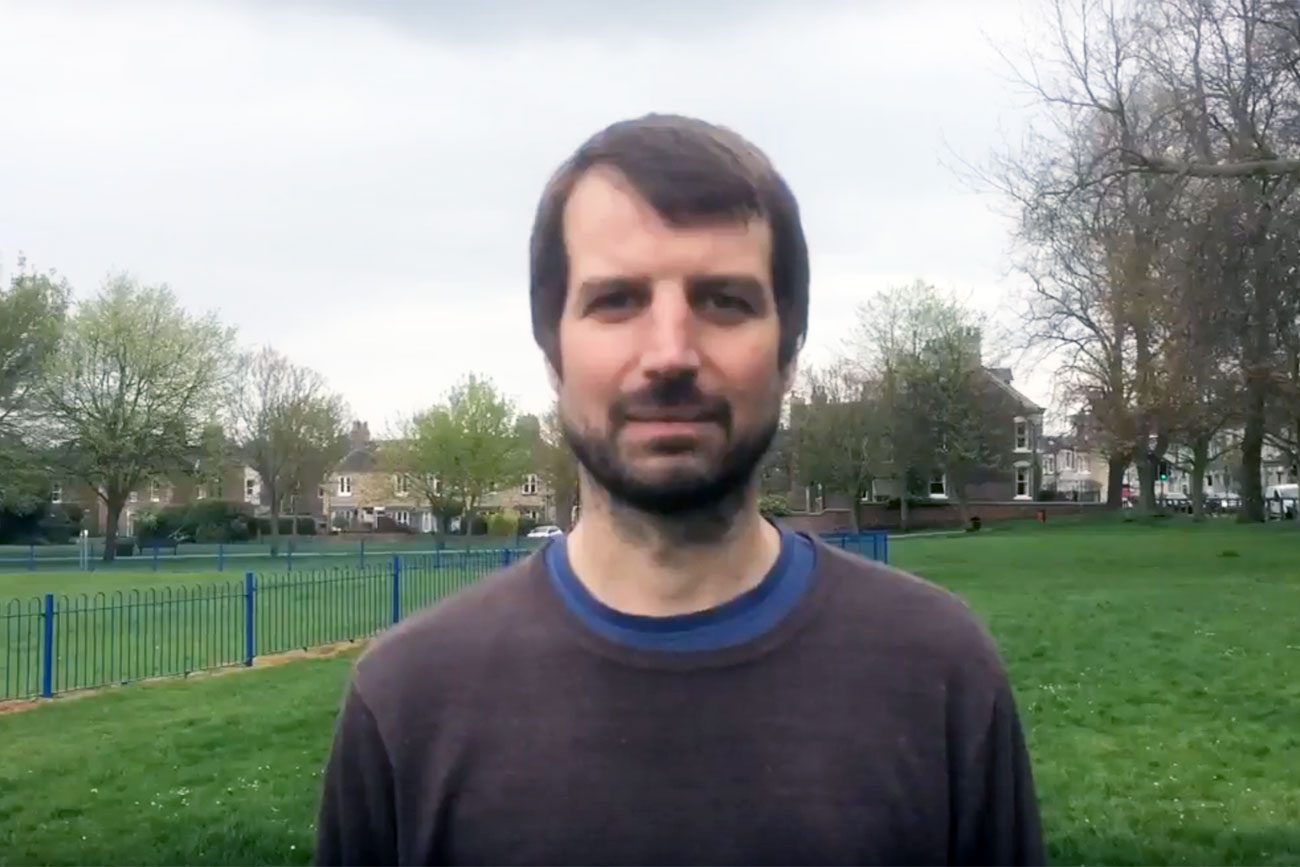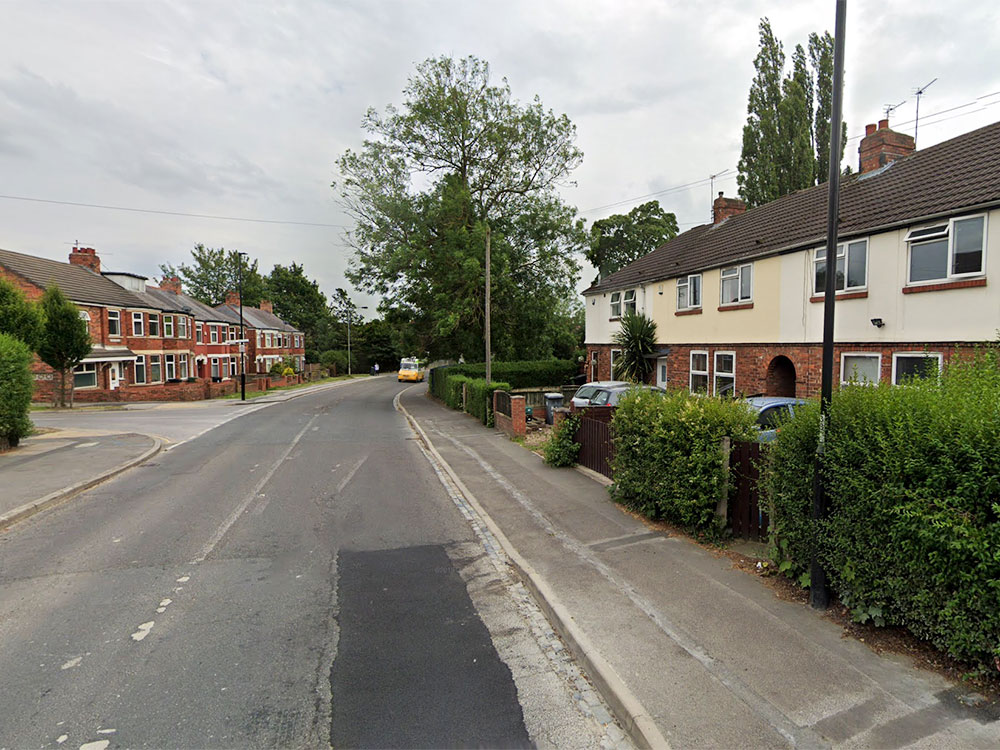A political row has broken out over the number of homes given over to students in York.
Cllr Nigel Ayre described critics of the plan as undertaking “populist student bashing”.
But others on City of York Council said the policy was destroying communities and distorting the housing market.
The row is centred on how many houses of multiple occupation (HMOs) are allowed in the city.
In December, councillors voted to reconsider York’s policy on HMOs, calling to cut the “acceptable percentage thresholds” of new HMOs in streets and neighbourhoods by half.
But the executive has chosen not to review the policy which is written in to the draft Local Plan – a decision ‘called in’ for questioning yesterday (Tuesday).
Cllr Ayre said government inspectors’ patience with York’s Local Plan, which includes the HMO policy and is being examined by experts this week, was now “wafer thin”.
“This is York’s last opportunity for a local, democratically approved, Local Plan,” he said.
“I cannot understand why anyone would risk tearing that up and throwing it away.”
‘A fig leaf’
Neil Ferris, corporate director of place at City of York Council, said: “Effectively, you’ve just done your A Levels, you’ve done all your paper, the stop clock’s gone and you’ve submitted it – you can’t go up to the examiner and say ‘do you mind if I change the answer I’ve given to question three please?’”
But Cllr Michael Pavlovic said the Local Plan was a “fig leaf”.
[tptn_list limit=3 daily=1 hour_range=1]
“I am sorry to say that despite this being a significant issue for many residents that this administration appears not to really care about HMO density in this city,” he added.
Cllr Warters, who has long called for changes to the rules, said: “I’ve watched as Tang Hall has been destroyed as a working class community.
“Clearly the unrestrained expansion of student numbers at York University is distorting the local housing market.”
The council’s executive has said a review could happen after the Local Plan is adopted, but councillors on the customer and corporate services scrutiny management committee argued that would take too long.
Communities ‘decimated’

Committee chairman Cllr Jonny Crawshaw said the impact of a transient population on a street can be “enormous” and that communities had been “decimated”.
“That’s why there’s a sense of frustration and anger – and I agree completely that it’s sometimes misdirected at students,” he added.
Cutting in half the current threshold of up to 20 per cent of all properties being HMOs across a neighbourhood and 10 per cent at street level would allow the council more control, Cllr Crawshaw said.
Cllr Aisling Musson said there was “a lack of political will” to tackle the issue.
She said: “We can say the reason we’re not going to do this now is that we’re on the eve of the Local Plan, but what’s been the excuse for the last ten years when the damage has been done? And what is the further damage that’s going to be done while we still haven’t acted?”
